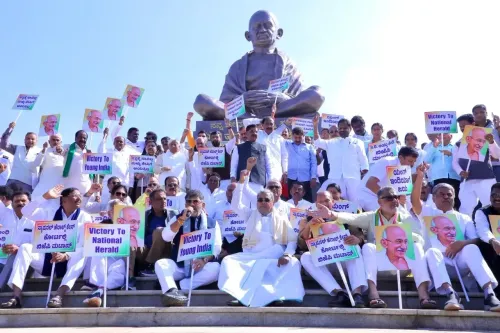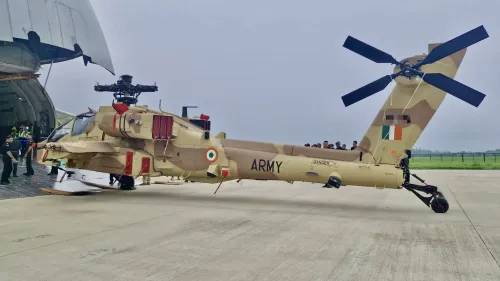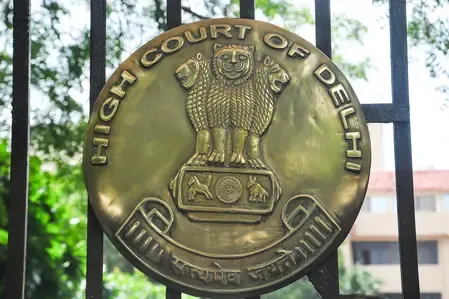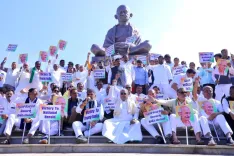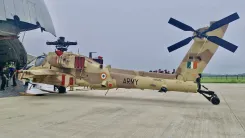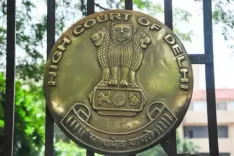When Are BJP's President Elections Expected to Happen After the Vice President Poll?
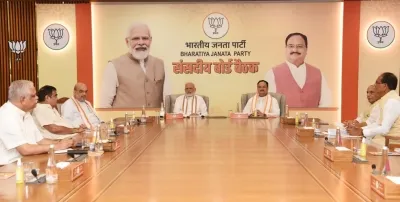
Synopsis
Key Takeaways
- The BJP’s Presidential elections are set to follow the Vice Presidential elections.
- Internal elections have been completed in 26 states/UTs.
- Key state elections are expected to conclude by August 12.
- Challenges in the election process include delays and public sentiment alignment.
- J.P. Nadda’s tenure ends in 2024, marking a transitional phase for the party.
New Delhi, Aug 2 (NationPress) Following the Election Commission of India's announcement regarding the schedule for the Vice Presidential elections, there is a surge of speculation within political circles suggesting that the BJP's Presidential elections are set to occur subsequent to the V-P elections.
A senior BJP leader, who requested anonymity while speaking to IANS, stated, "The procedure to elect the new national president of the party is currently underway, and we are nearing the final stages of this process."
When asked whether the announcement by the poll panel on Friday might delay the party's presidential elections, the leader closely involved in managing this essential internal process remarked, "We are already in the final phase. Internal elections have been completed in 26 states/UTs, and we are at the concluding stage of electing the state president in Uttar Pradesh, West Bengal, Tamil Nadu, and Gujarat. While I cannot confirm if there will be any delays, we are indeed in the last phase."
Another senior BJP leader, who also preferred to remain unnamed, indicated that "there is a likelihood that the new state presidents in Uttar Pradesh, Tamil Nadu, West Bengal, and Gujarat will be elected by August 12," coinciding with the final day of this Parliament's Monsoon session.
However, he cautioned that "if this does not occur, it may take a few additional weeks to finalize this process in these states."
J.P. Nadda serves as the current party president, whose term is slated to end in 2024 following the Lok Sabha elections. However, various challenges—including delays in conducting elections in several states, securing approval from the RSS, establishing caste dynamics to resonate with public sentiment, and other unspecified reasons—have led to a stalemate in the election of the party's new president.


